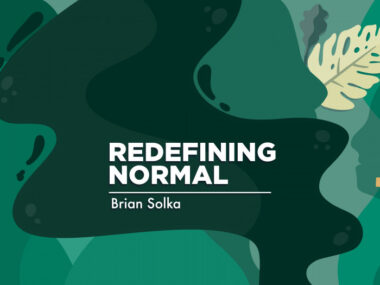Epidiolex Safely Lowers Seizure Frequency in Children, 3-Year Study Data Show
Written by |

When used alongside other anti-epileptic medications, Epidiolex (cannabidiol, CBD) safely reduces the frequency of seizures in children with Lennox-Gastaut syndrome (LGS), according to three-year data from a long-term extension study.
Findings were reported in an abstract, “Long-Term Safety and Efficacy of Cannabidiol (CBD) Treatment in Patients with Lennox Gastaut Syndrome (LGS): 3-Year Results of an Open-Label Extension (OLE) Trial (GWPCARE5),” accepted for presentation at the Annual Meeting of the American Academy of Neurology (AAN 2020).
Epidiolex, marketed by Greenwich Biosciences (a subsidiary company of GW Pharmaceuticals), contains CBD, a purified liquid formulation of plant-derived cannabis that has strong anti-seizure, anti-psychotic, and anxiolytic properties.
The medication is approved in the U.S. to treat seizures in children, ages 2 and older, with LGS and Dravet syndrome, two drug-resistant forms of epilepsy. It has also been approved in the E.U., under the brand name Epidyolex, as an add-on therapy to clobazam for the same indication.
Previous trials have found that Epidiolex was a safe and effective option to lessen the frequency of seizures in children with LGS.
Now, investigators reported findings from a third analysis of GWPCARE 5 (NCT02224573), an open-label, long-term extension study of children with LGS and Dravet who had previously participated in other GWPCARE core safety and efficacy trials.
The new analysis, which aimed to assess Epidiolex’s long-term safety and efficacy when used as an add-on therapy in children and adolescents with LGS, was based on data from 366 of 368 patients who had completed either GWPCARE 3 (NCT02224560) or GWPCARE 4 (NCT02224690).
During the extension study, participants were treated with an oral solution of Epidiolex (100 mg/mL).
Of the 366 eligible children (mean age of 16; 54% males) enrolled into the open-label extension trial, 119 (33%) withdrew. Patients were followed for a median period of 150 weeks (about three years).
At baseline, within a starting period of 28 days, these children experienced a median of 168 seizures, including 80 drop seizures. Drop seizures, also known as atonic seizures, are those with a sudden lose of muscle tone and patients become limp.
Epidiolex led to a median reduction of 48%–71% in the frequency of drop seizures, and a 48%–68% lesser frequency in total seizures.
During follow-up, nearly all children (96%) experienced side effect, and almost half (42%) had serious adverse events. The most common side effects observed included diarrhea, convulsions, fever, somnolence, vomiting, upper respiratory tract infections, and decreased appetite.
In 12% of children, adverse events led to treatment discontinuation. A total of 11 deaths were reported during the study, but none were determined to be related to Epidiolex by trial investigators.
“Long-term treatment with add-on CBD in patients with LGS produced sustained seizure reductions, with no new safety concerns,” the researchers wrote.


